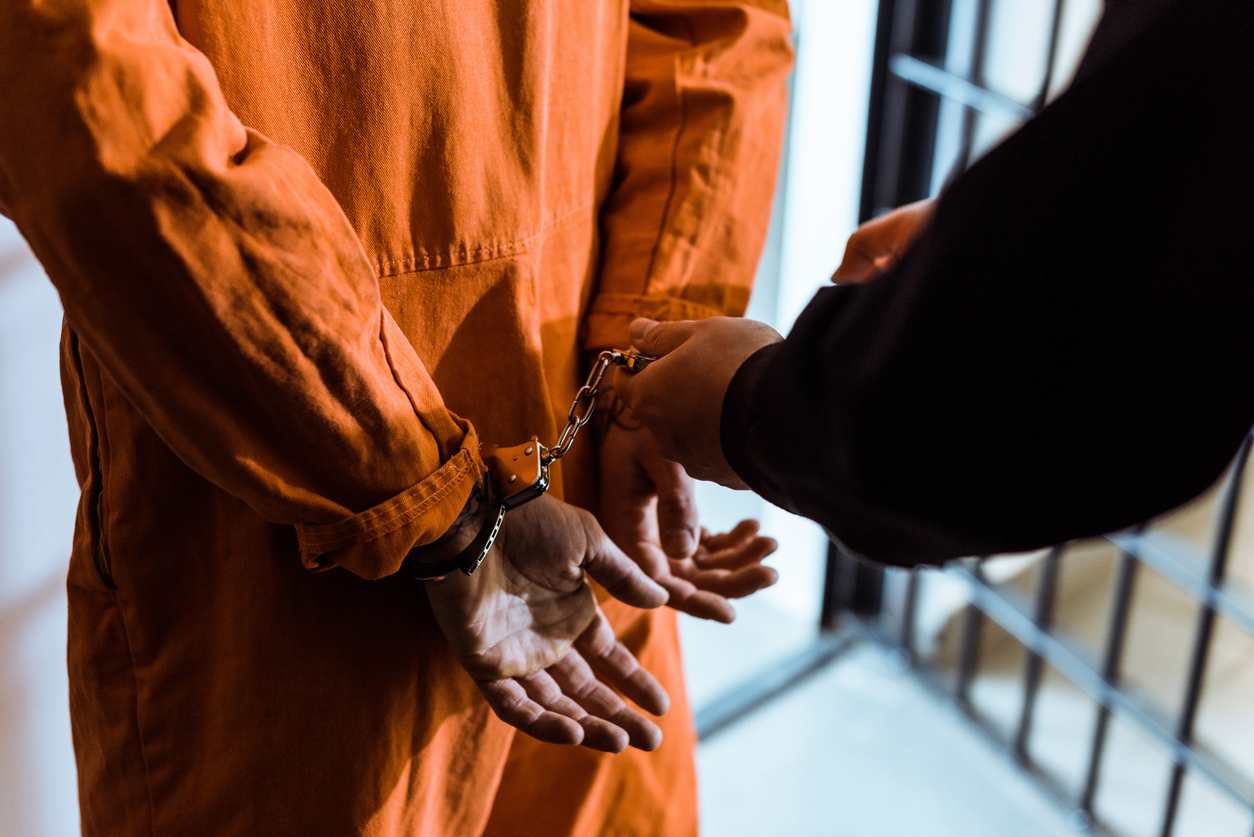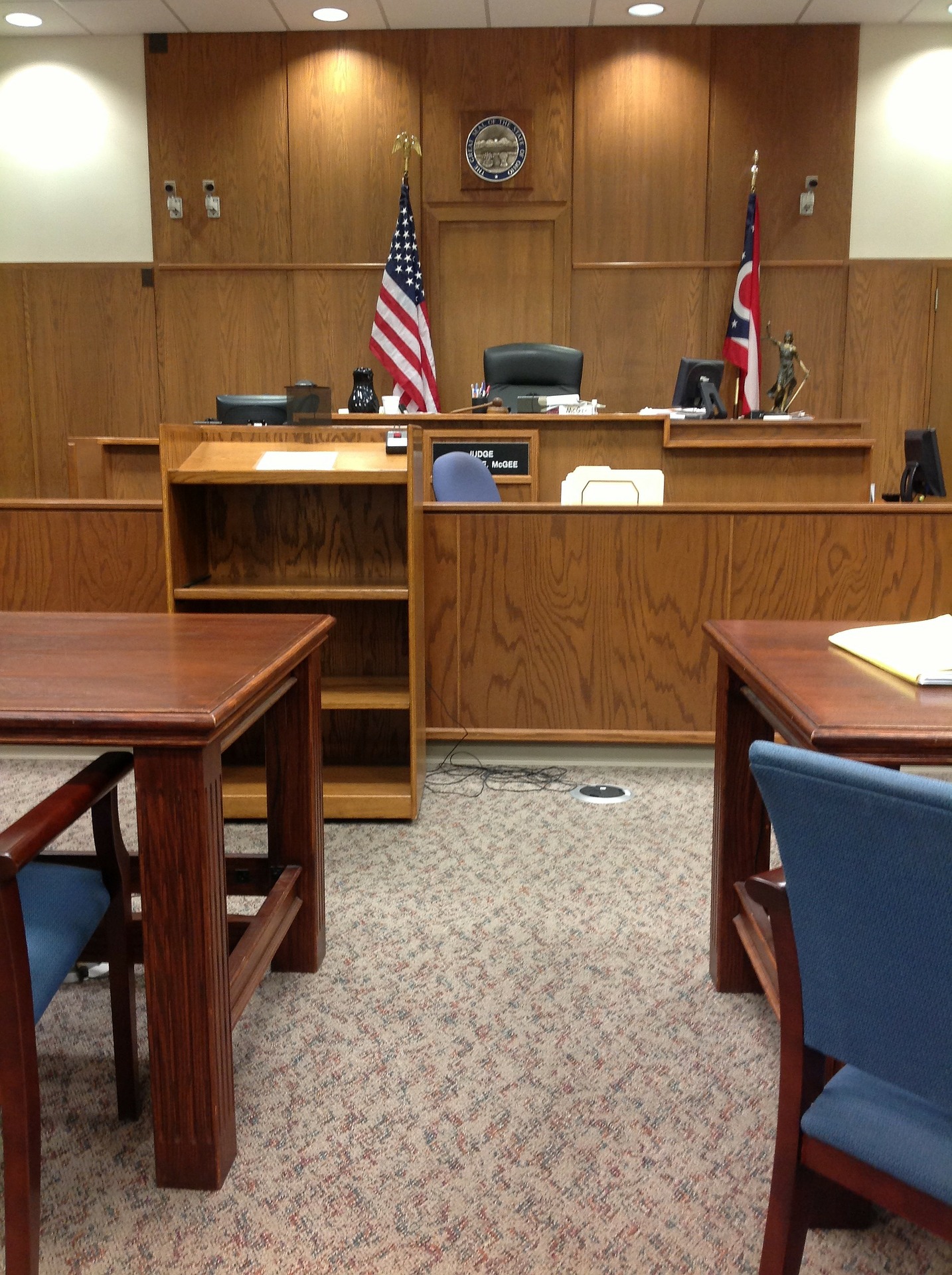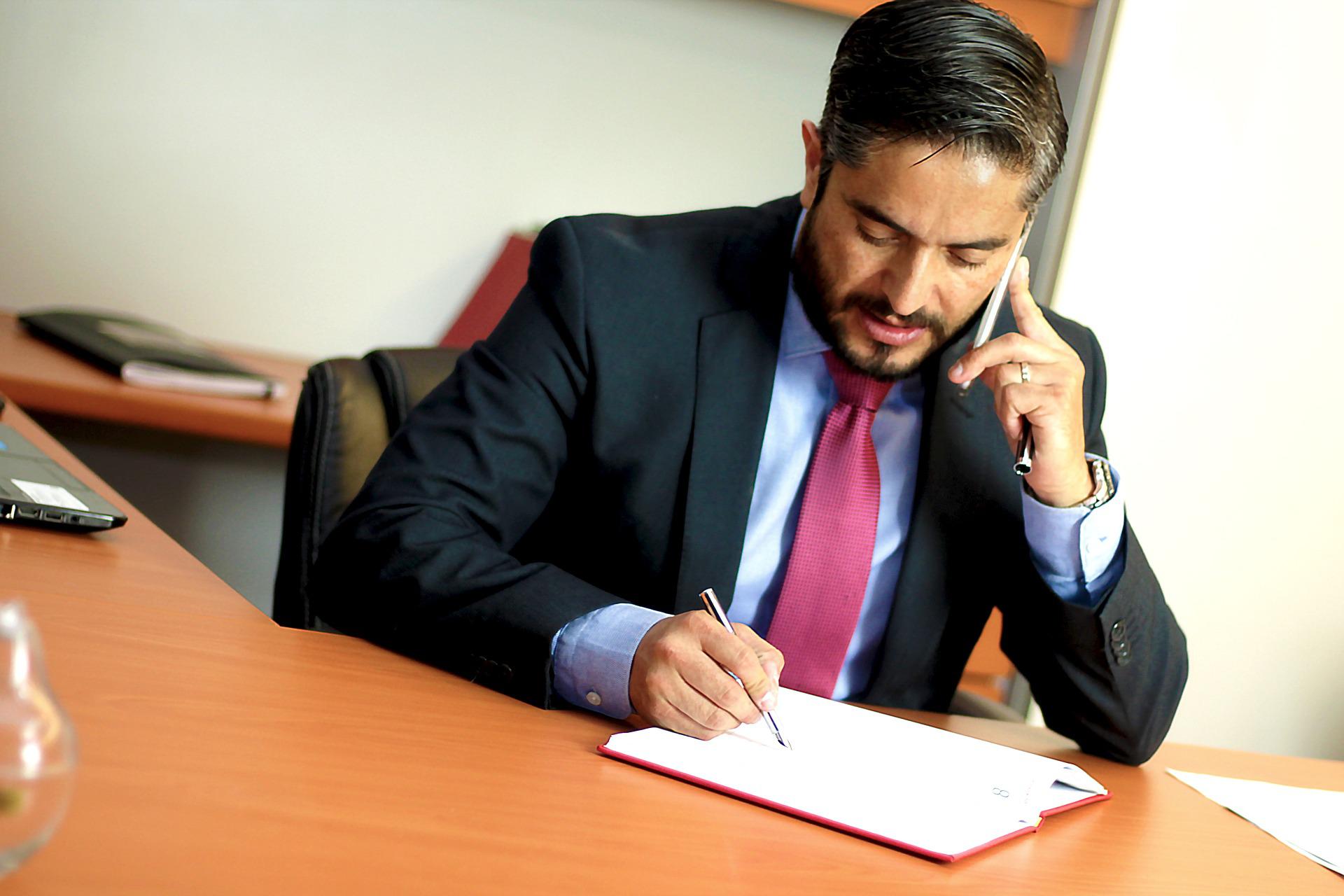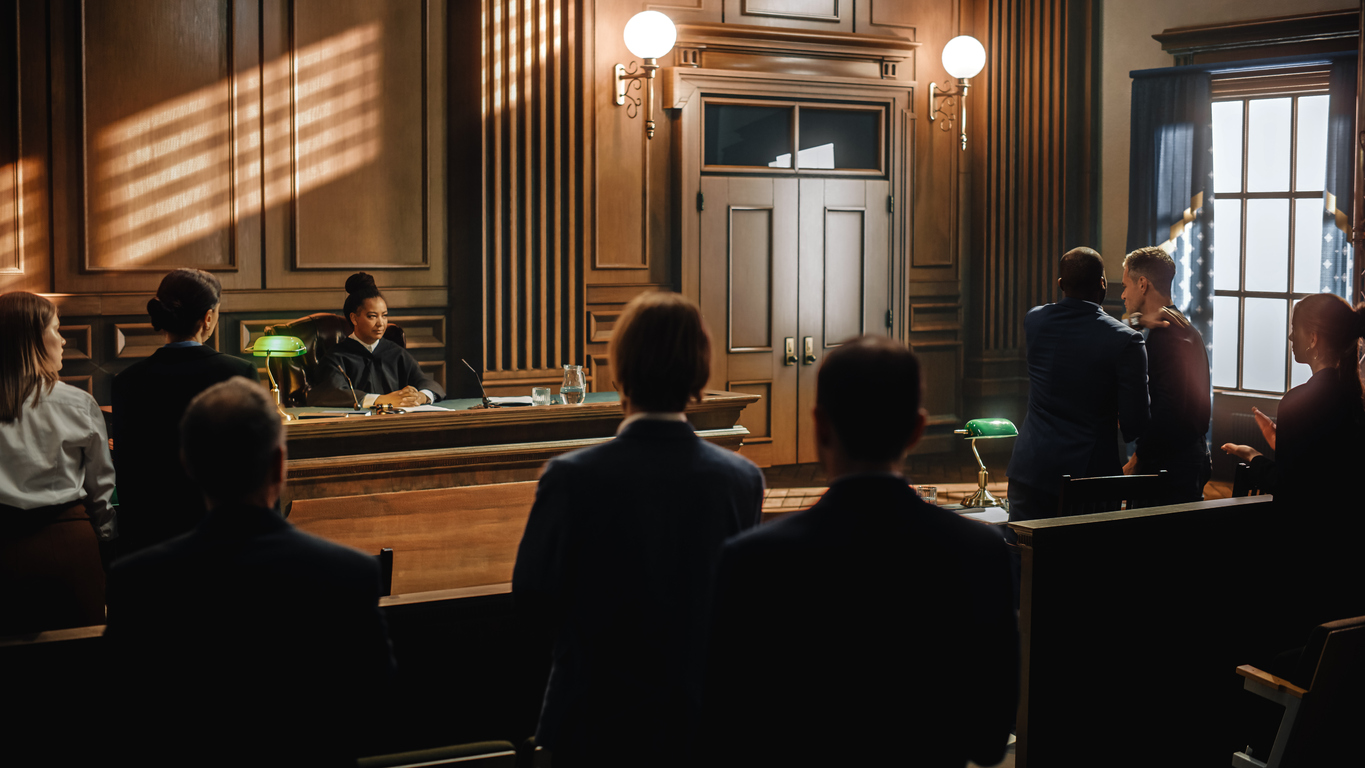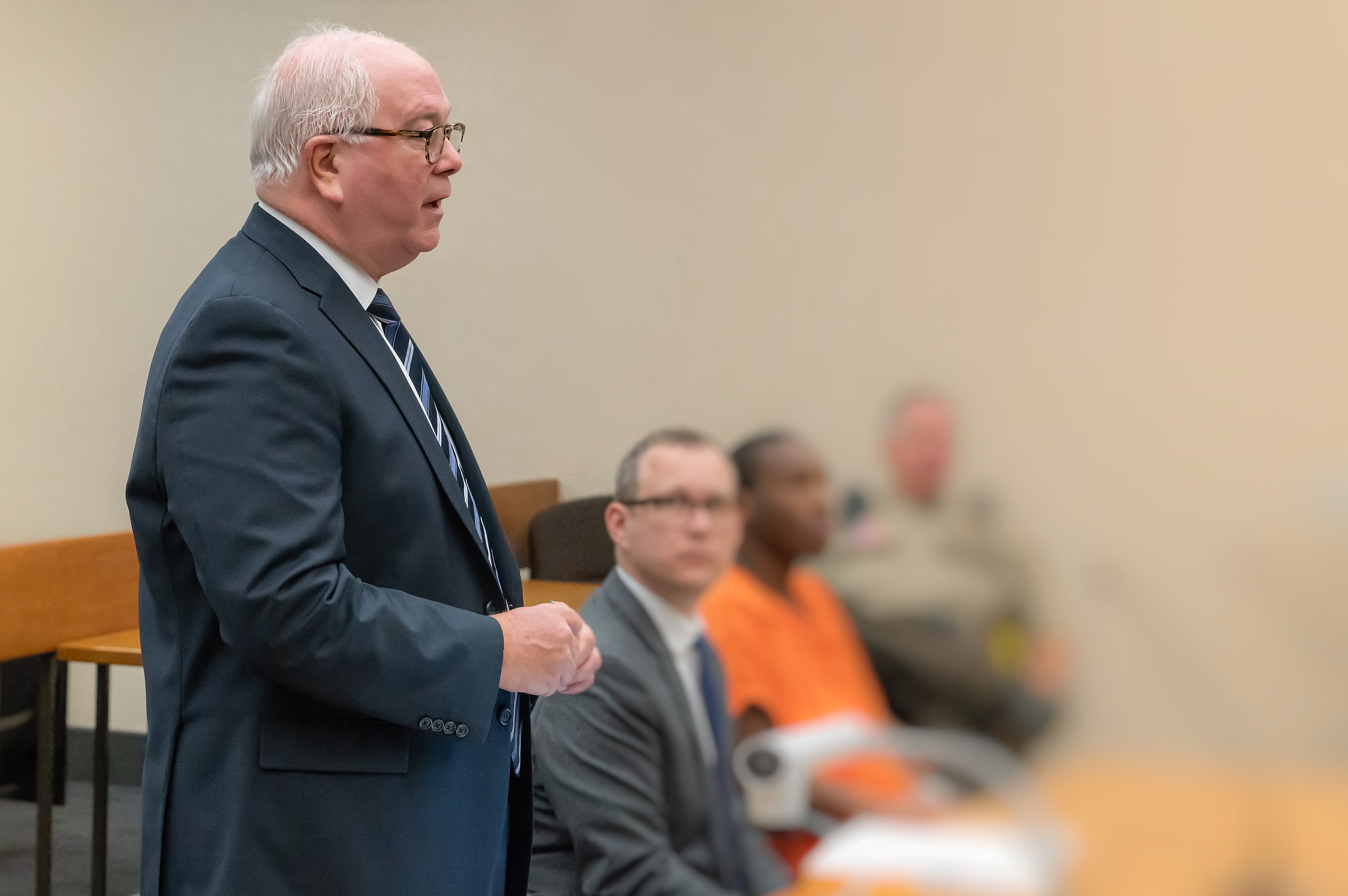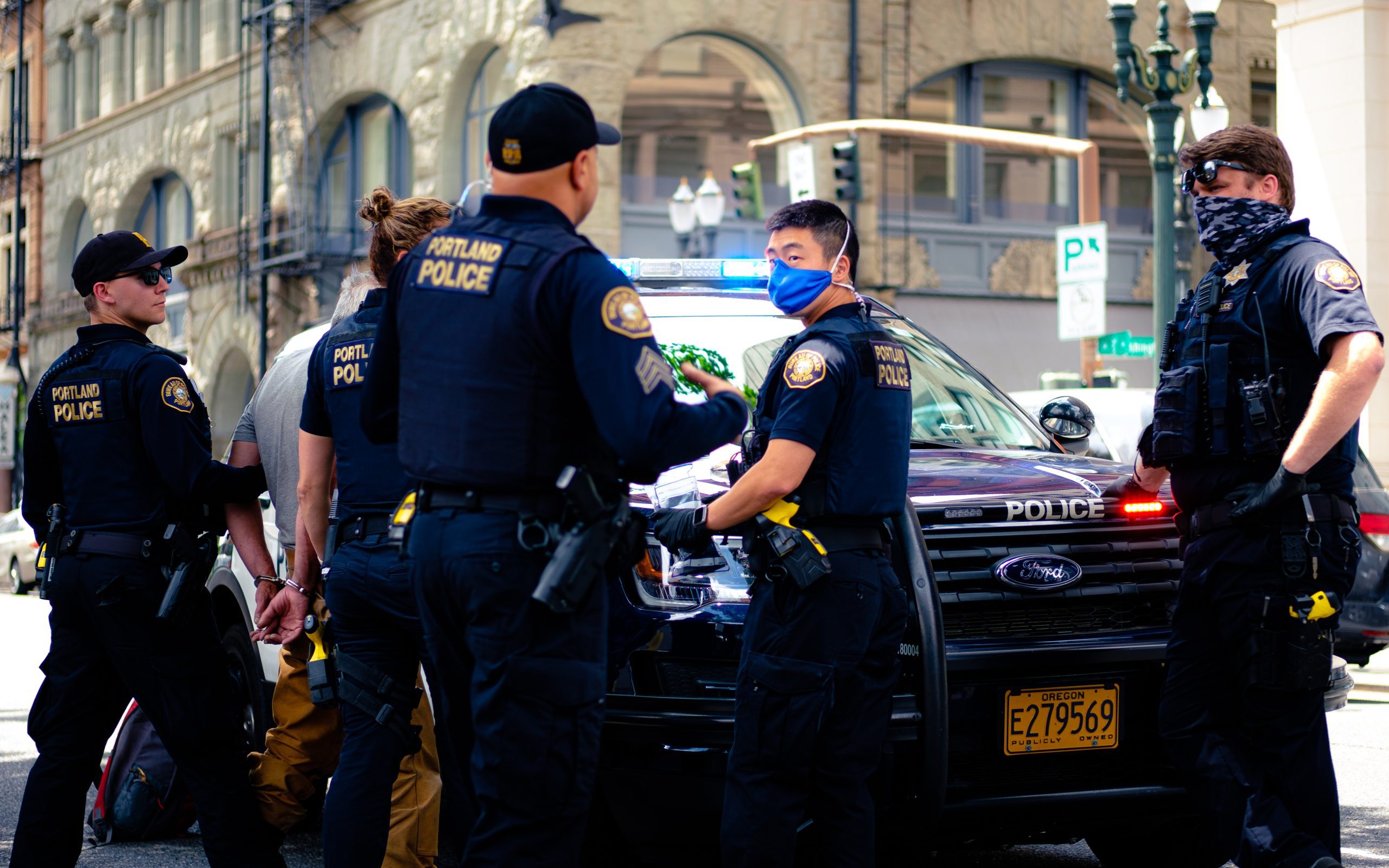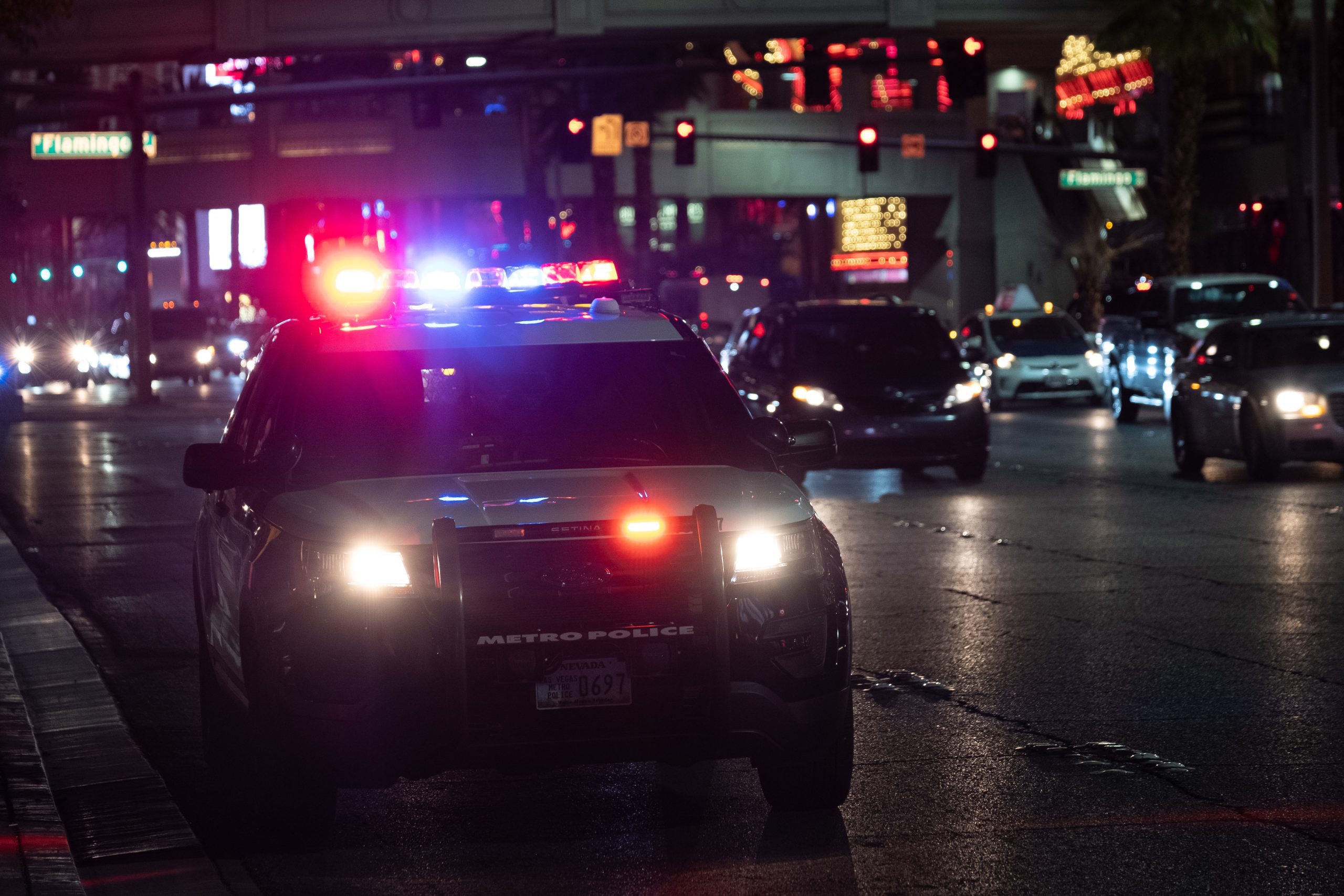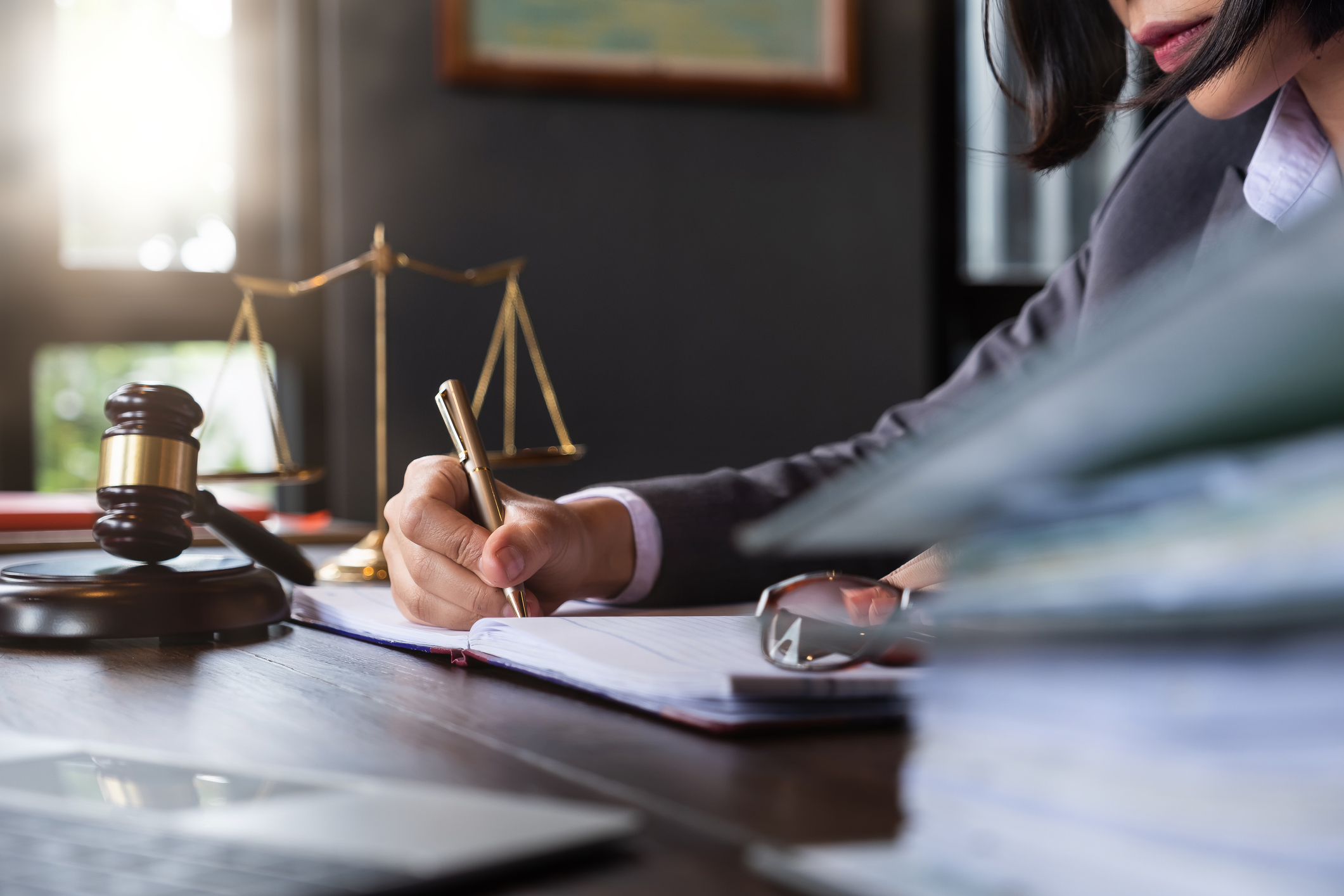Tag: Right to a Lawyer
Explainer: Your Public Defender Isn’t Responding. Why?
If your public defender isn’t responding to you, you need to be patient. But you also need to assert your rights.
READ MORECan A Prosecutor Use Your Silence Against You?
A prosecutor usually can’t use your silence against you. But if you testify at trial, things change, and prosecutors can use it.
READ MOREDo You Have The Right To A Lawyer On Appeal?
The Sixth Amendment protects your right to a lawyer on appeal, but that right only extends so far. Then, you’re on your own.
READ MOREWhat Is A Public Defender?
Public defenders are a key part of the criminal justice system and our Sixth Amendment right to counsel. Learn more here.
READ MOREAre There Standards That A Lawyer Must Meet?
Every lawyer must meet a set of standards. These standards are known as the Rules of Professional Conduct.
READ MOREWhat Is The Difference Between An Attorney And A Lawyer?
A lot of websites will tell you that there’s a difference between a lawyer and an attorney. But is there really a difference?
READ MOREWhat Do You Have To Tell Police During An Arrest?
During an arrest, you may have to tell the police your name. But, other than identifying yourself, you have the right to remain silent.
READ MOREShould You Talk To A Police Officer?
If you talk to a police officer, they can use what you say against you, your loved ones and others. But you have rights that protect you.
READ MOREI’ve Been In Your Shoes: Will Asking For a Lawyer Make You Seem Guilty?
If you’re wondering if asking for a lawyer makes you look guilty, take time to read this perspective from someone who has been in your shoes.
READ MORECan You Choose Your Court-Appointed Lawyer?
Under the Sixth Amendment, you have the right to a lawyer, but, in most cases, you don’t get to choose who your court-appointed lawyer is.
READ MORE